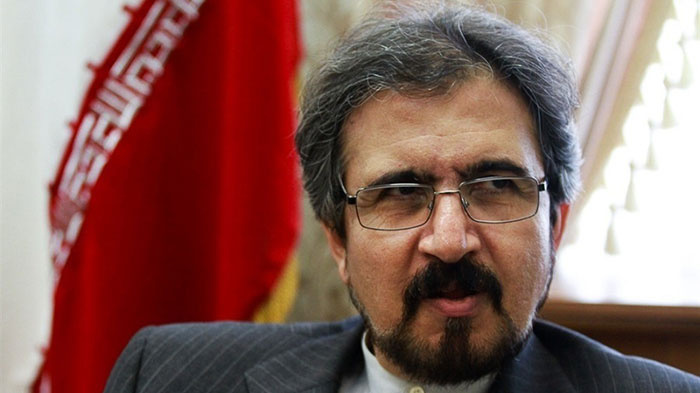The Dangers of Washington’s Gambling with Terrorists and Their Sponsors

Despite the fact that all the parties involved in Middle East conflicts claim to be fighting terrorism, a genuine fight is admittedly not a priority for each and every of them. It seems that for some actors, including the United States’ new administration, doing business by means of terrorism is more profitable than the fight itself. This dual standard is one of the main barriers to the fight against terrorism and uprooting it in the region. You cannot speak of fighting against terrorism and unite with terrorists and their sponsors simultaneously, or sign the largest arms sale deal of all time with these sponsors. As it appears, the new US administration’s priority and main goal in the region is, in spite of its declared policies, not a fight against terrorism but rather support and alliance with promoters of terrorism in the form of arms business and trading off security with these countries.
The new US administration’s approach gives the impression that it has no problem whatsoever with the lingering terrorism in the Middle East, but deems it necessary for its business-centered policy, which, given its resistance to global trade and transfer of technology, cannot be but limited to dealing arms and security. The few months of Trump’s leadership indicate that his policy toward terrorism is based on an approach that considers terrorism and insecurity in the Middle East and even Europe not bad for the US, but profitable, provided that its consequences, e.g. terrorist attacks or refugees crisis, do not affect the United States. After all, terrorism and insecurity not only heat up the market for selling arms in the Middle East, paving way for a ‘money for security’ equation, but also convince Europeans to pay their financial dues to NATO, in order to keep the organization functional.
Within the framework of such a rationale, all you need is to block entry by refugees and tighten your security protocols so that the terrorists cannot harm your country. Then, you can let whatever that is about to happen to the world. September 11 and subsequent terrorist incidents have proved this policy wrong for the US and the country cannot compartmentalize its domestic and foreign security borders in today’s globalized world. However, the futile but costly US war against Taliban and al-Qaeda after 9/11 has taught the new US administration officials an unexpected lesson: that they do not need to engage in a costly war on terror thousands of miles away in the Middle East if they could provide security for their nation and borders. As a result, instead of fighting against terrorism ‘in vein’, taking advantage of an apparition of terrorism could be profitable in the Middle East’s arms and security deals. The gist of Washington’s new approach is that terrorism is not United States’ number-one priority, the US could and should use the terrorism card to extract profit against those for whom terrorism is a top priority.
If this interpretation of US’ behavior further proves true, it will be more perilous than terrorism itself for the world and particularly for the Middle East. Manipulation of terrorism has already been experienced, with the result being the tumultuous world after 9/11. That terrorist attack, and what came afterwards, proved that terrorism knows no border, and no country can isolate itself against it. Thus, it is imperative for US officials to understand that global security today is in no condition to allow for gambling with terrorism, and their sponsors, for the sake of short-term political and economic benefits. Terrorism is now more pervasive than ever and a real fight against it should be the most essential and imminent priority for all regional and global actors.
* This op-ed was published in government organ Iran Daily on Thursday.

